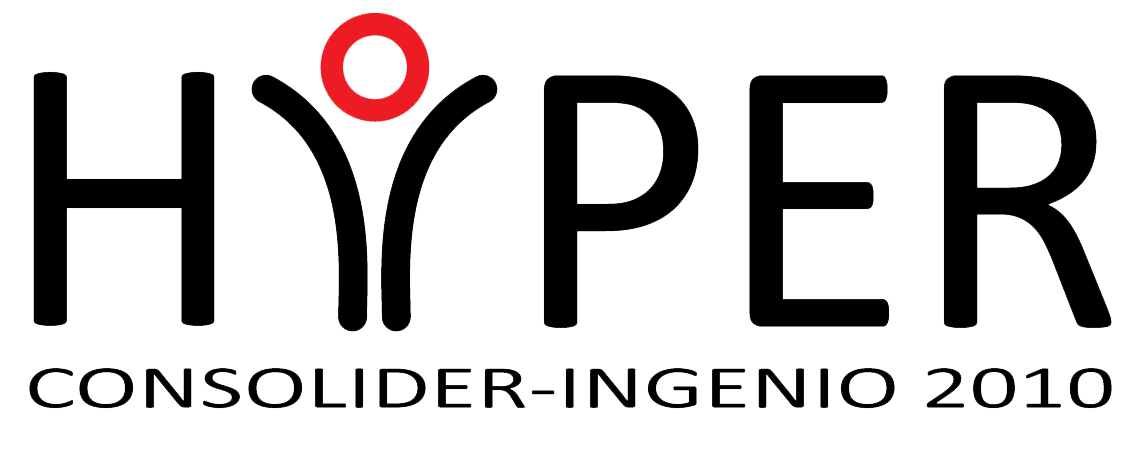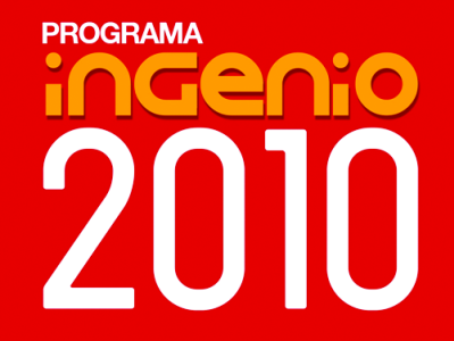Baiona (Spain), 14-19 September, 2014
WS6 - BCIs for training and assessment in neurorehabilitation
Brain-computer interfaces (BCIs) can be realized with EEG, ECoG, or spike activity recorded from the brain. A BCI convert brain waves into signals which can be interpreted by computers either to make statements about the brain itself, or to control an attached output device. BCIs have been developed during the last years mainly for people with severe disabilities to improve their quality of life. The integration of BCIs into rehabilitation settings is a promising new approach that enhances the rehabilitation process. Recently g.tec developed the g.RehaBCI that detects activations of the motor cortex and controls several feedback devices like rehabilitation robots or Virtual Reality environments. This year g.tec releases the mindBeagle, a BCI that can be used to assess the level of consciousness and communicate for patients with disorders of consciousness (DOC). During the first part of the workshop we will present an introduction into the field of BCIs and show several approaches to EEG-based BCIs, as well as give insight into research that uses invasive electrophysiological data acquisition methods. In the second part we will focus especially onto BCIs for neurorehabilitation. The g.RehaBCI, mindBeagle, cortiQ will be presented and also used in hands-on sessions.
Organizers
Guger Technologies OG was founded in 1999 in Graz. The company develops hardware and software for biosignal acquisition and analysis. Currently, g.tec is selling biomedical equipment in more than 60 different countries and is the main worldwide supplier of brain computer interface technology. The g.tec company has received several awards in Austria, such as 2006 GEWINN Award, the best start-up company out of 1500 companies in 2006, 2008 Fast Forward Award 2013, 2009 Econovius Award, 2011 Pegasus Award; and in Europe, 2007 European ICT price, 2007 Well-Tech Award, 2010 Microsoft Innovation Award, sponsor of the BCI research Award.
Goals
The Workshop attendees will learn and carry out all the steps that are necessary to perform BCI experiments on their own. They will receive a broad overview over the physiological processes in the brain and the tricks of the trade for data processing. Furthermore, they will learn the basics about EEG recordings, how to assure to get high data quality and how to clean the data from artifacts. They will get insight into detecting activation of motor regions and how to apply online feedback to the user.
Speakers
M.Sc. Arnau Espinosa, software developer and researcher of Guger Technologies OG (g.tec). He is working on EEG, ECoG and spike based BCI projects within g.tec. He is involved in EC projects like Back Home, Vere, Renachip, ALIAS, Brainable, Decoder and Better and will also talk about these projects.
Number of hours
Sept 15 - BCIs from the beginning: (3 hours) Introduction and theoretical background of BCIs: (90min) • Use gtecPowerPointsMaster ppt • Demo Dry electrodes Familiarization with the Hardware and Software. First demos: (90 min) • How to perform correct EEG measurements • Intendix. Gel electrodes, hands on Sept 16 - BCIs for neurorehabilitation and monitoring introduction into: CortiQ: (90 min) • Introduction and background (30 min) • Hands on CortiQ (60 min) g.RehaBCI: (90 min) • Live demo CSP 64 Ch (frontal demo) Sept 18 - BCIs for assessment and communication: g.Nautilus presentation: • Short ppt description (15 min) • Live demo g.Nautilus (30 min) MindBeagle presentation: • Introduction to MindBeagle • VR live demo • AEP live demo Final discussion
Program
| Sept 15 | Sept 16 | Sept 18 | |
| 15.00-16.30 | BCIs from the beginning | BCI for monitoring. Live demonstrations and hands-on seminar: CortiQ | BCIs for assessment and communication. Hands-on g.Nautilus |
| 16.30-17.00 | Coffee break | ||
| 17.00-18.30 | BCIs from the beginning | BCI for neurorehabilitation. Live demonstrations and hands-on seminar: g.RehaBCI | BCIs for assessment and communication. Hands-on mindBeagle |
Expected audience
A broad introduction into the physiological background and the methods of signal processing will be given; hence the workshop is designed for engineers as well as for psychologists or health professionals.
Previous knowledge
No specific background knowledge will be necessary.
Topics in which the PhD students will get insight
The students will learn the basics of Brain-Computer Interfaces, and the applications of BCIs for the rehabilitation process.
HW/SW that the participant need to bring/install
None






